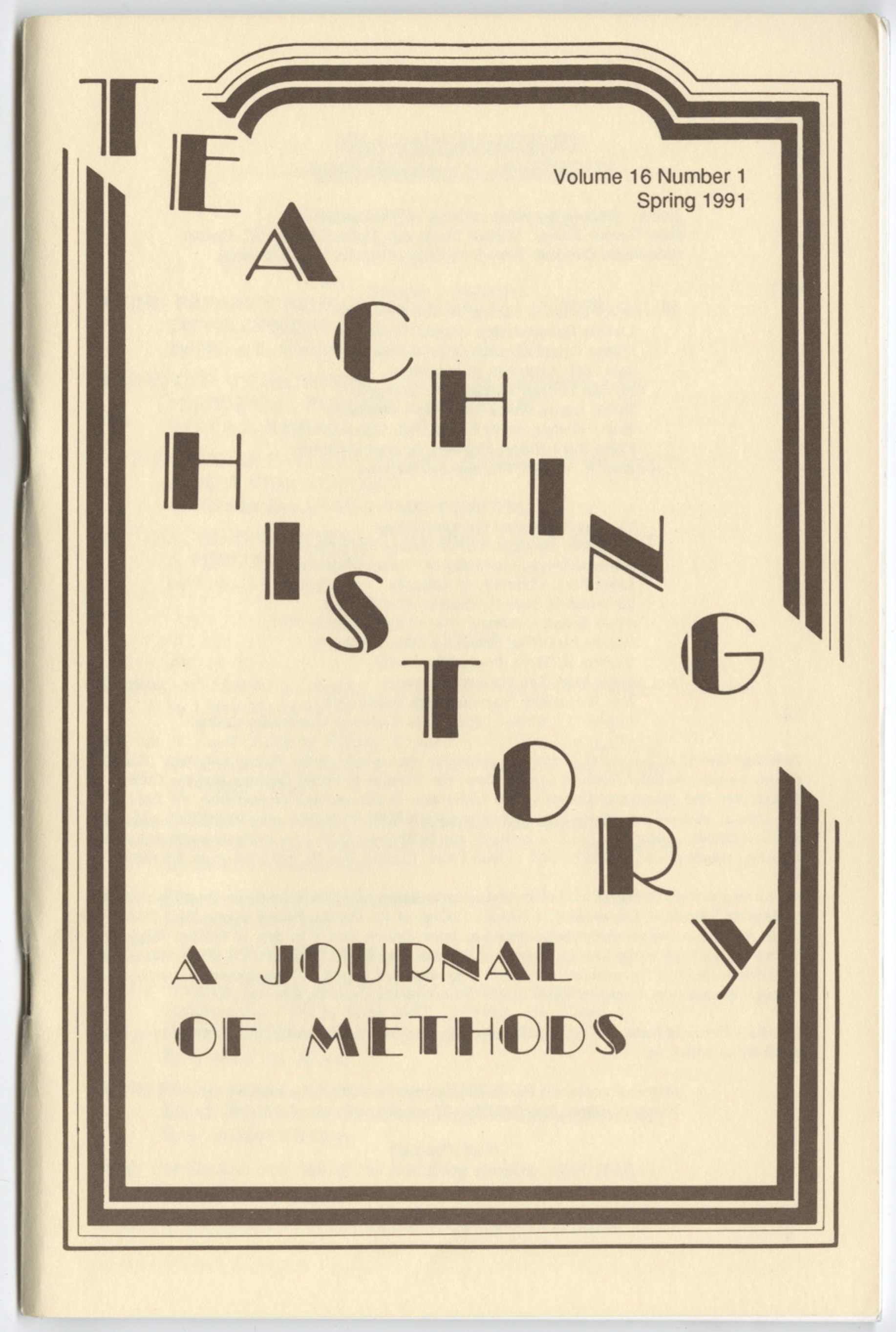Royle, Modern Britain - A Social History, 1750-1985. Lloyd, Empire to Welfare State - English History, 1906-1985
DOI:
https://doi.org/10.33043/TH.16.1.46-48Abstract
Both of these books illustrate the failure of a society to solve the problems that have plagued it ever since the industrial revolution. England has never, except for the few years after World War II, possessed the will even seriously to try to confront those problems. Inequality and misery have not been the result simply of temporary malfunctions of English capitalism but rather have been necessary and inevitable features of it.
Edward Royle's Modern Britain: A Social History, 1750-1985, should give pause to those enthusiasts for economic change who believe that displaced workers can easily be absorbed into new industries. The wealthiest classes have always "benefited disproportionately" from economic change. They have always moved into the suburbs and left an inner city of "deteriorating housing ... and a rash of cheap, speculative . . . building." The cities have provided "scenes of human degradation" above which hang "palls of smoke and industrial fumes" and "the inescapable stench of animal and human excrement."
Downloads
Downloads
Published
How to Cite
Issue
Section
License
Copyright (c) 1991 C. Ashley EllefsonBy submitting to Teaching History, the author(s) agree to the terms of the Author Agreement. All authors retain copyrights associated with their article or review contributions. Beginning in 2019, all authors agree to make such contributions available under a Creative Commons Attribution-NonCommercial-NoDerivatives 4.0 International license upon publication.



